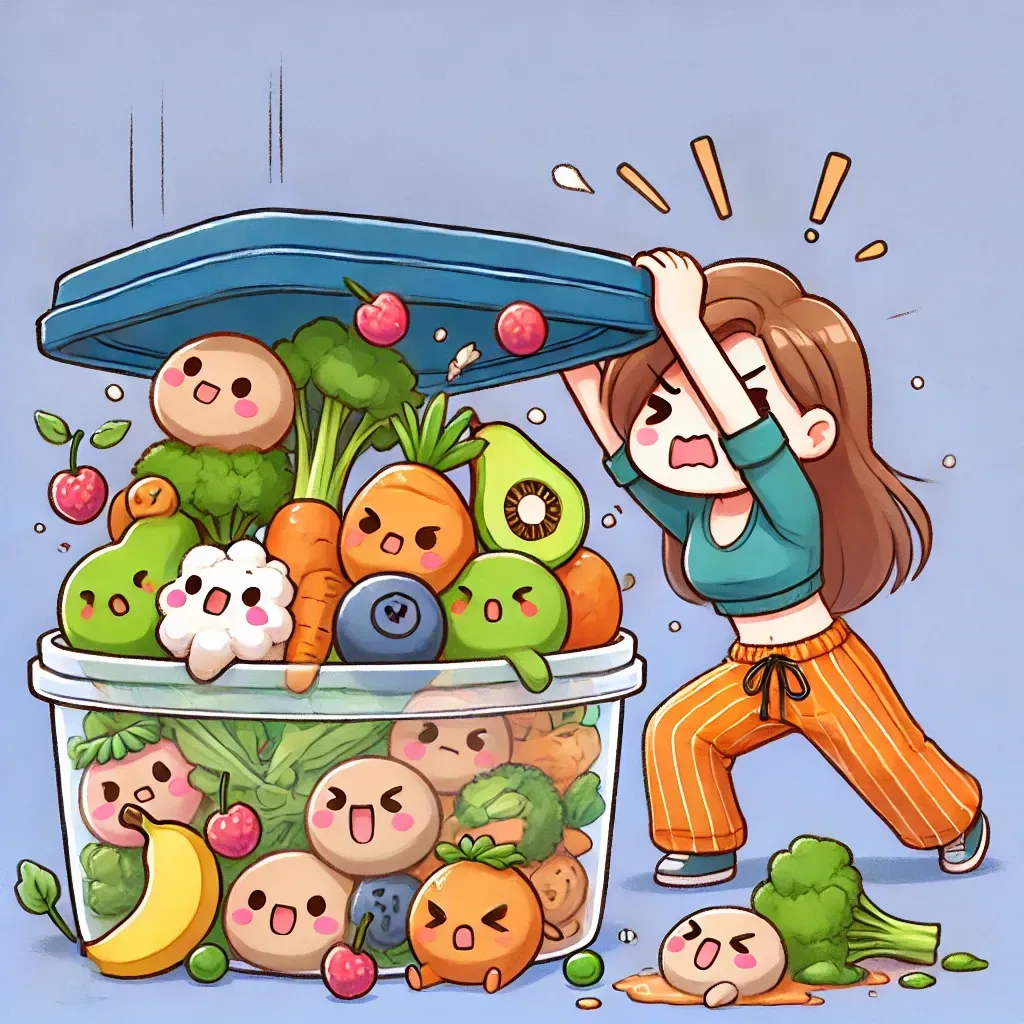Here’s One that Will Put You to Sleep
Okay, I’m only joking with the title. BUT! If you follow the suggestions in this article, you could get an actual good night’s sleep almost every night.
Good night’s sleep, what’s that? Whatever your excuse—too much to do, working late, kids kept you up, had to finish that presentation, binging on the latest Netflix or Hulu series—it’s not a good one. Sleep is essential to your entire being, and almost none of us treat it like we should.
The trusted sources of Fitbit describe the different sleep stages in their app:
REM [Rapid Eye Movement] typically occurs later at night and has been shown to be important for your memory and mood. During this stage, dreams are more vivid, heart rate is elevated and breathing is faster.
Light Sleep – You might not know it, but light sleep is really important! It typically makes up most of your night & promotes mental and physical restoration.
Deep Sleep helps with physical recovery and aspects of memory and learning. If you’re feeling extra refreshed, you likely spent some solid time in this stage.
And isn’t that what we want—to feel “extra refreshed” every day? No more fatigue or feeling tired all the time in mind or body! Let’s talk about the science behind sleep, the “why” sleep helps with memory, mood, restoration, recovery and learning.
Every cell in your body contains mitochondria—the source of energy. Mitochondria converts the oxygen we breathe and nutrients from the food we eat into adenosine triphosphate (ATP). ATP is essentially energy—it’s the reason we function at all!—and it is used to support every function in our bodies.
Research shows that less than seven hours of sleep causes a reduction in mitochondria production [1]. Less sleep equals less energy. Duh, right? Mitochondria is essential to your health, but if you’re body can’t even produce enough of it to keep you going because you’re not getting enough sleep, you’re not doing yourself any favors.
So how do you sleep better? Think of sleep as just another part of your routine—you brush your teeth, you shower, you do your laundry, you clean your living space. That’s all personal hygiene, which is also essential to your health, and most of us don’t have a problem with that. Now you just need to kick your sleep hygiene into gear.
The National Sleep Foundation has some great suggestions on creating better sleep hygiene (and they should know!) [2]:
- Limit daytime naps to 30 minutes
- Avoid stimulants such as caffeine and nicotine close to bedtime
- Exercise to promote good quality sleep (just not too close to bedtime)
- Steer clear of dinners consisting of heavy or rich foods, fatty or fried meals, spicy dishes, citrus fruits and carbonated drinks
- Ensure adequate exposure to natural light during the day
- Establish a regular, relaxing bedtime routine
- Make sure your sleep environment is pleasant
- Turn off electronic blue light emitting devices 60 minutes before bedtime
When you sleep better, you will notice a whole host of improvements. Sleep helps regulate adrenal hormone imbalance and repairs body systems from your brain to your digestive tract [3]. More and better sleep helps every run more smoothly—it’s truly a no brainer.
I get it. It’s hard! We’re busy people with so many distractions. So if you want to give this sleep hygiene thing a try, maybe start by making one change at a time and see how you feel. If you stick to that one change, add another, and another, and soon you will really be able to reap the benefits of a good night’s sleep.
- http://sciencenordic.com/how-poor-sleep-affects-your-body
- https://www.sleepfoundation.org/sleep-topics/sleep-hygiene/page/0/1
- Sleep Tips PDF. Dan Kalish, 2011. www.kalishresearch.com.
Don't Miss Out On More!

Heidi Toy FNTP
I help people all over the world heal by identifying and treating the root cause of their body imbalances. Through diet and nutrition, I guide them towards wholeness and balanced lives.
Heidi Toy Functional Medicine Blog

For many of us, our experience with food comes with some sort of baggage. Maybe you eat to cope with stress, anxiety or depression. Maybe you’ve grown up with value-words placed on food such as “junk” and “healthy,” and told you couldn’t eat the “good stuff” (brownies and ice cream) until you finished the “yucky stuff” (broccoli and lettuce). Or, even more serious, maybe you or a loved one has struggled or is struggling with an eating disorder. Food is amazing and life-giving. It can be used as a means to celebrate, socialize, or simply just provide fuel for the body. Our relationship with food shouldn’t be a difficult one, it should be an enjoyable one. A way to get to that healthy place in your relationship is to practice mindful eating. Mindfulness is a Buddhist concept of mediation that can help you recognize emotions and physical sensations present. Through mindful eating, you can learn to truly pay attention to your experiences, cravings and physical cues. The basics of mindful eating are: Eat slowly, without distraction. If you are eating with others, take a least five minutes at the start of the meal to enjoy the food on your plate before engaging in discussion. Pay attention to your body--are you still hungry, or are you getting full? Learn to distinguish between cravings and true hunger. Use all your senses when you sit down to a meal. Make an effort to notice how the food looks, smells, tastes, feels in your mouth, and sounds when you chew. Appreciate your food, who has prepared it (even if it’s you--what an accomplishment!), and where it comes from. Being mindful of your experience will help you slow down while eating. This can prevent overindulgence by making the act of eating intentional instead of automatic. It will also help you become aware of triggers that make you want to eat (are you truly hungry at 9pm every night when you sit down to watch that Netflix show, or do you just pour yourself a bowl of Chex Mix because that’s what you always do?). Knowing your triggers can give you time to process what’s truly going on and the ability to react properly.

Here are the essential functional medicine steps for Fifth Disease! If your child comes home with bright red cheeks that look like they’ve been “slapped,” chances are they may have fifth disease, also known as erythema infectiosum. This mild viral illness, caused by parvovirus B19, is common in kids and often spreads t
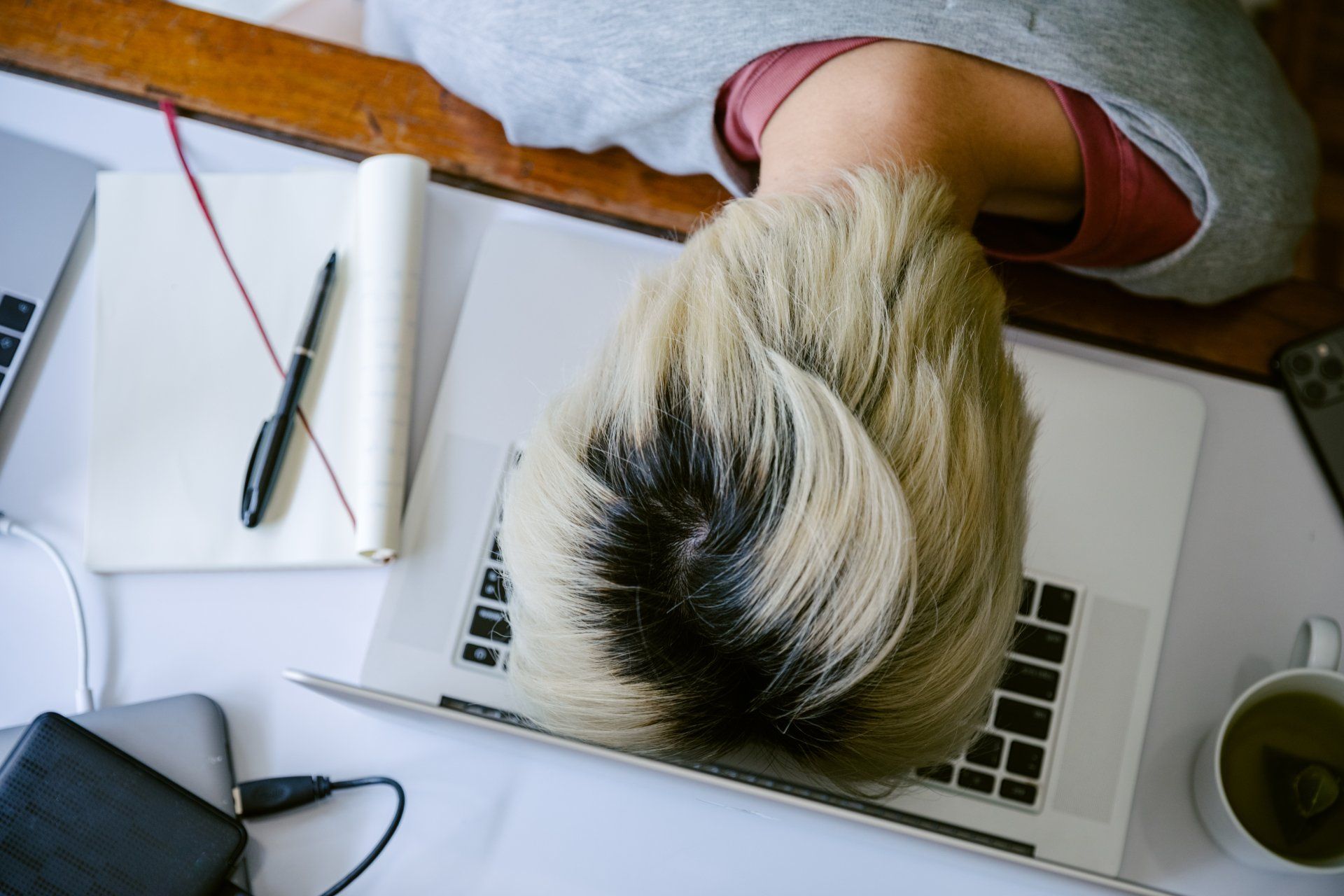
Successfully healing Adrenal Fatigue requires a holistic approach focussed on fixing the root cause of your problems and supporting your body through the healing process. This means we are going beyond just temporary symptom relief. We want you to return to vibrant health so you can get back to the active and healthy lifestyle that Adrenal Fatigue is holding you back from. (Adrenal Fatigue is more accurately known as HPA-D. Check out my blog HPA-D vs Adrenal Fatigue to learn more.)Again, we would be completing further testing to get to the root cause of your issues, but this protocol is a great starting point for healing. We focus on five essential areas for fast and long-term healing.
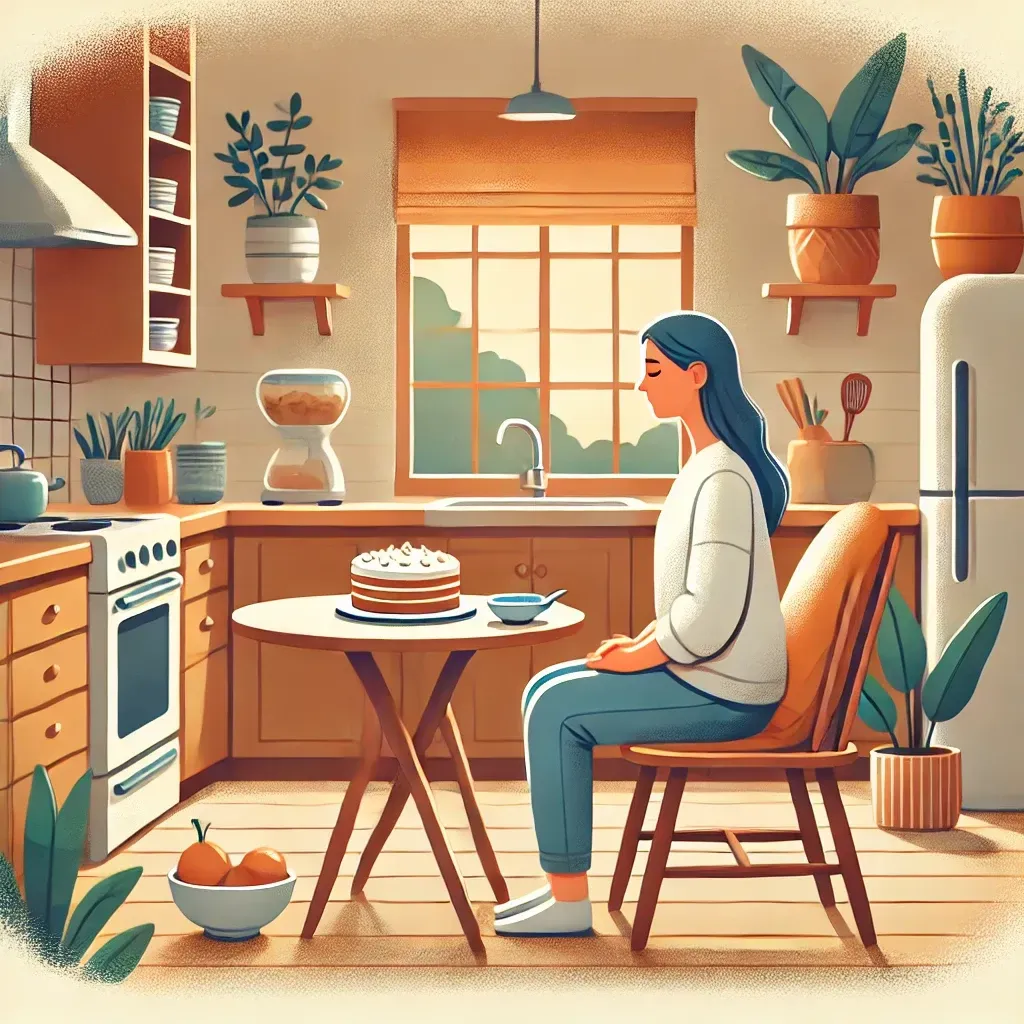
I want it! Sooooooo bad. But I want to lose weight, too. It’s not on my list of healthy, squeaky clean healing foods, but what will one little bite hurt? I can start again fresh and clean tomorrow. When brownies call your name and you are trying to break up with them, it is difficult to avoid the urge to want to indulge. But you know if you give in that you will berate yourself with guilt for the next 24-48 hours and the tsunami of eating everything off-plan will take over your life. One bite will start an avalanche... But you just can't stop thinking about the pan of brownies you made for the kids.
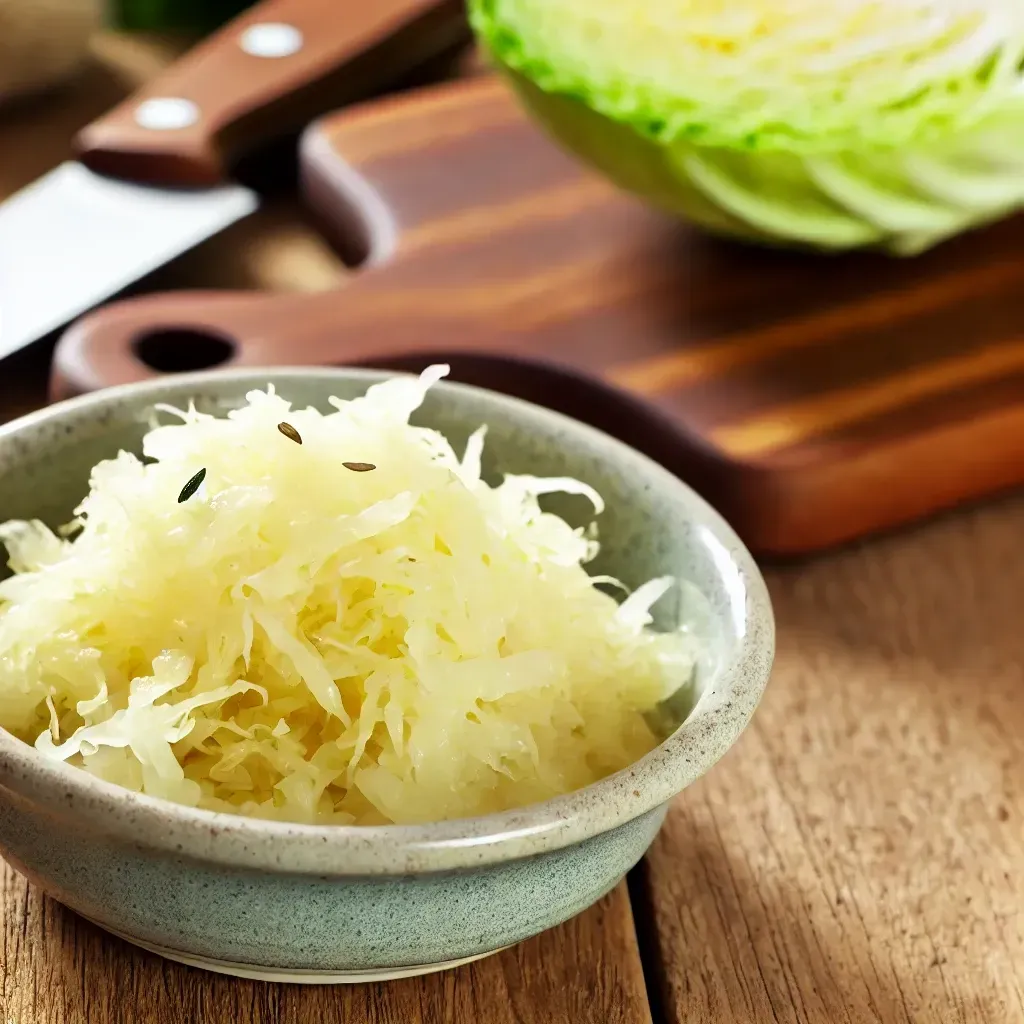
Did you know most people didn’t have refrigerators in their homes until well into the 1900’s? It wasn’t even invented for large scale commercial use until the mid 1800’s [1]. So how did people keep their milk cold and make their food last longer? Fermentation. It sounds like a gross concept, because we often associate fermentation with a bad odor, but foods like cheese, yogurt, sauerkraut and pickles are all fermented foods. And those aren’t gross, are they? Well, some might disagree with me about sauerkraut, but that’s beside the point. Fermented foods are digestive aids. Microscopic living organisms in fermented foods help extend the food’s shelf life, enhance flavor, and help the body absorb minerals. These organisms pre-digest the food, getting rid of harmful components, and create more vitamins and enzymes than the food began with. Enzyme-rich foods have many benefits including [2]: Increase digestibility of food we eat Boost immune system Increase alkalinity; neutralizing pH levels Provide a healthy balance of friendly flora in the gut (Learn more about your microbiome in my other blog posts ) Tone the colon and help with elimination Control cravings for unhealthier foods Eliminate toxins and undigested wastes in the body In the “old days,” people use to ferment all kinds of foods through pickling, canning, pasteurization and added salt. Nowadays, however, large scale fermentation has lost many of its nutritious benefits due to the need for speed to get the product on the shelf as fast as possible and as cheap as possible. The only true fermented foods you will find are sauerkraut, kombucha, yogurt and kefir, beans, wine and beer, some meats (such as salami and pastrami), legumes and nuts (such as tofu, soy sauce and miso), sourdough bread, and various kinds of vegetables [3]. Fun facts about sauerkraut: The Germans “stole” it from the Chinese! Sauerkraut (probably not labeled as such for the Chinese, but the same recipe) was one of the main foods for those who built the Great Wall of China. Genghis Khan brought it to Eastern Europe during an invasion. It also contains high levels of vitamin C, and sailors often took it on long journeys to prevent scurvy.
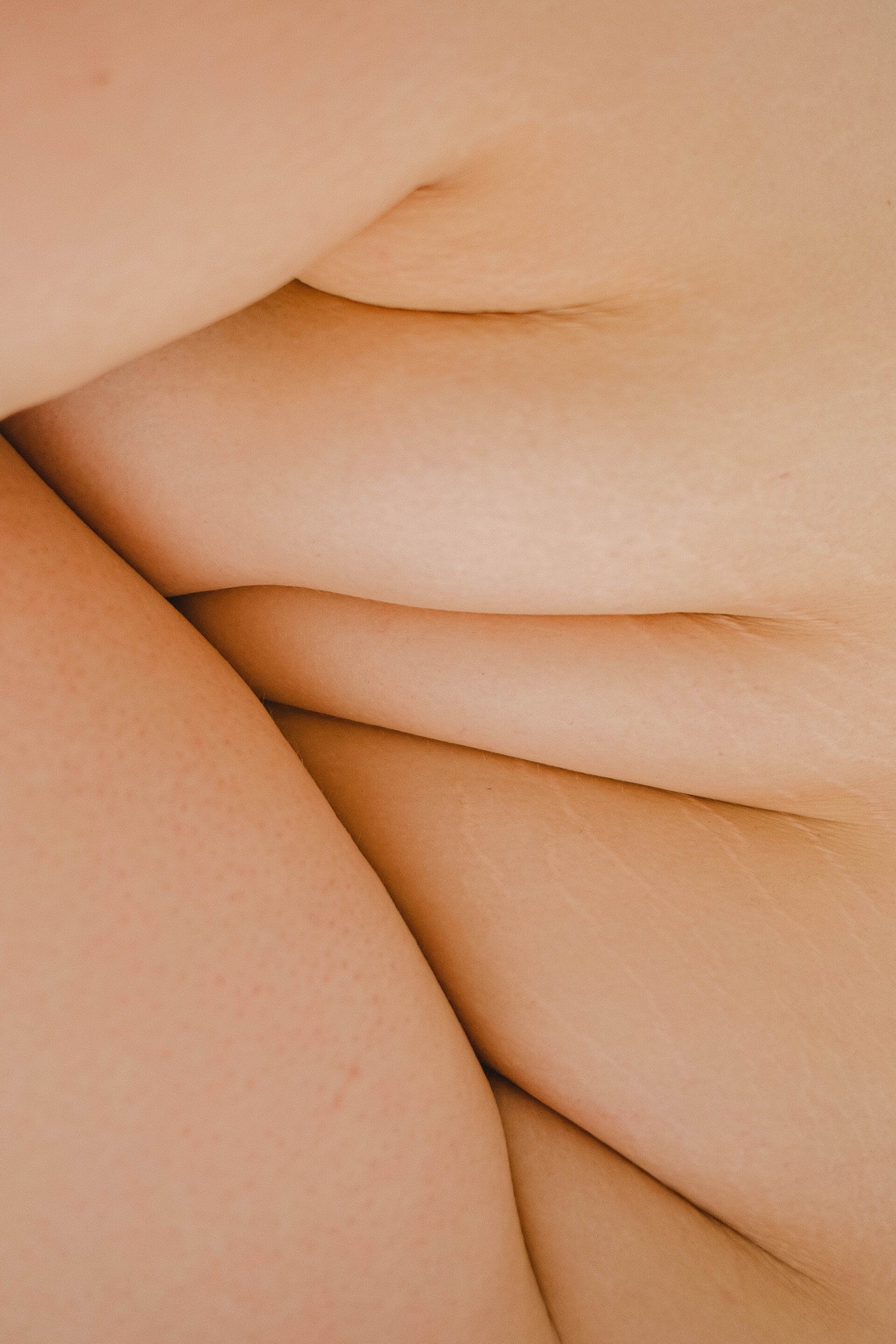
How can we best keep blood sugar stable? Do what our body is designed to do – use fat for energy. Our species did not survive the Ice Age because of vanilla coffee lattes and cheesecake. Throughout most of our history, we ate a diet that was likely 50-70 percent fat. Look at the old family photo albums, specifically pictures of people in the first half of the 1900s, before we had so many processed foods. You won’t see many fat people--in fact, most look darn skinny. If they lived on the farm, they ate lots of eggs, meat, milk, and vegetables out of their own backyards. “Diet foods” were non-existent. Heart disease was almost non-existent. Our metabolism is designed to work much better with fats better than with sugar. Fats provide the slow and steady fuel our body likes to use for energy. Think of fats as a slow-burning log on the fire. One log (i.e. one meal containing fats) lasts for hours. Starchy carbs, on the flip side, are like kindling. You constantly have to throw more twigs (chips, pasta, bagels) to keep the fire burning. The first step is to know your sugars by reading the labels, and then avoid said sugars as much as possible.


